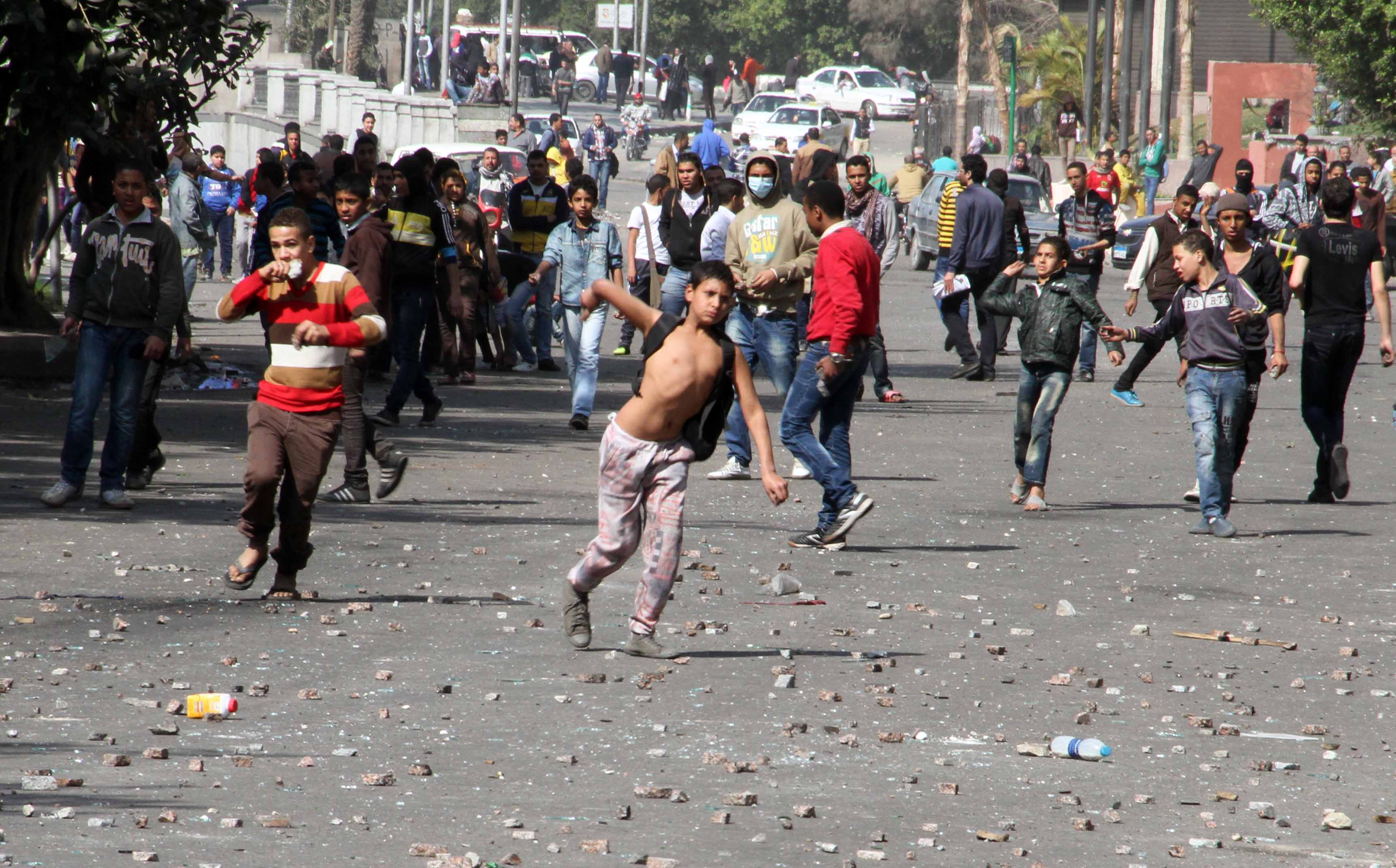WASHINGTON: Just two weeks before an international Middle East conference in Annapolis, Washington has the world guessing about a gathering aimed at jumpstarting the Israeli-Palestinian peace process.
Officials have not yet announced the conference s exact date, its duration, described the level of representation or released an agenda, sowing doubts about its prospects and causing confusion among Washington s allies.
American, Israeli and European diplomatic sources have all said that the full conference will be held on Tuesday, Nov. 27, following a dinner the previous evening.
But US State Department spokesman Sean McCormack refused again Wednesday to announce a date.
We may have a date, but I m not prepared to share it yet, he said, triggering laughter. I m not going to make any announcements about the Annapolis meeting. Invitations have not yet gone out.
McCormack refused to say why the government of US President George W. Bush, which in July announced plans for a Middle East conference in the autumn, was keeping details secret and risking the impression it was badly prepared.
In private, State Department officials explained that they hope to give hesitant countries like Saudi Arabia until the last minute to decide on whether to attend or not.
For such doubters, it depends on whether they think Israel and the Palestinians have made enough progress in the run-up to the conference to make the actual event worth joining.
It would a major diplomatic coup for the United States and Israel to see Saud al-Faisal, the Saudi foreign minister, be present in the same venue as the Israeli delegations.
Saudi Arabia, which has no diplomatic relations with the Jewish state and maintains a strict embargo on Israeli goods, has said its participation depends on a precise agenda and guaranteed progress on the ground.
On this subject, McCormack said Wednesday that Palestinians and Israelis were close to an agreement on a joint document which will be submitted for the approval of the participants.
Israel and the Palestinians are struggling to thrash out an agreed joint document for the conference that would serve as the basis for future negotiations aimed at creating a Palestinian state.
The Palestinians want the document to address core issues of the conflict – borders, the fate of refugees, settlements, and the status of Jerusalem – while Israelis prefer a more general statement of shared principles.
The Annapolis meeting will not only produce this document, and in the run-up to Annapolis we would hope that there is some progress on the practical, on-the-ground measures, McCormack said.
Some of these measures, he added, are outlined in the first phase of the roadmap, but also Annapolis will serve as a starting point for negotiations between the two sides to address all of the core issues.
In its first phase, the roadmap calls on the Palestinians to end violence and terrorism, and on the Israelis to freeze all settlement activities in occupied Palestinian territory.
He said Israeli Prime Minister Ehud Olmert and Palestinian President Mahmoud Abbas were increasingly seeing eye to eye on the conference aims.
Abbas and Olmert have signaled agreement that Annapolis is a starting point for negotiations, and also agreement with the idea that they were going to try to make as much progress as they possibly could before the end of President Bush s term in office, McCormack said.
Bush s mandate ends in January 2009.
Apart from Saudi Arabia, the US government announced in September, on the sidelines of the UN General Assembly meeting in New York, that it planned to invited Syria as a member of the Arab League follow-up committee on the Arab peace initiative.
Damascus has not said whether it will attend, but Rice raised the question with her Syrian counterpart Walid Muallem in early November in Istanbul, on the sidelines of a meeting involving Iraq s neighbors.
US officials have also said potential participants are Jordan and Egypt – the only two Arab states that have signed peace treaties with Israel – as well as Qatar and the United Arab Emirates.
Due to attend are the partners of the United States in the Middle East quartet – Russia, the European Union, and the United Nations – as well as the quartet s special envoy Tony Blair.
The former British prime minister is due to present his proposals to support the moderate Palestinian government.
Apart from Olmert and Abbas, the meeting is due to be held at the ministerial level.



